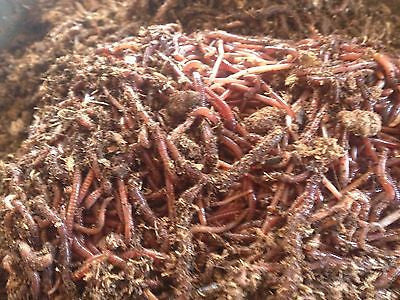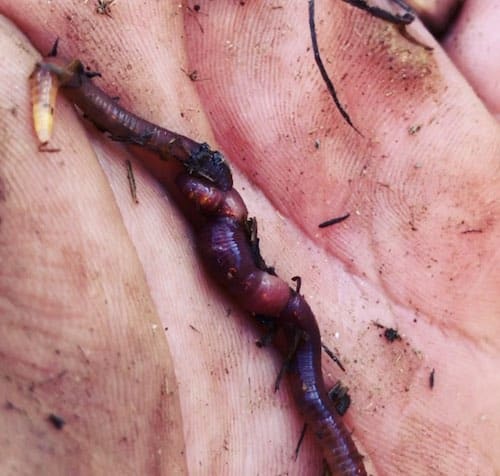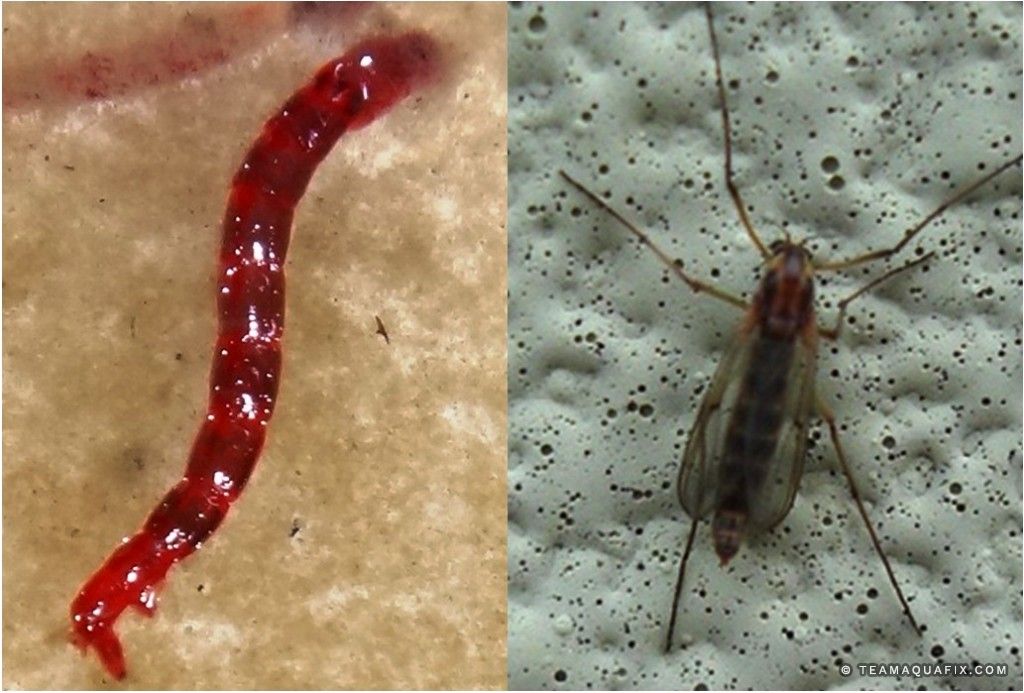Top-rated red worms: How to set up a worm farm
Top-rated red worms: How to set up a worm farm
Blog Article
Why Red Wigglers Are Important for Natural Farming
Red wigglers play a crucial duty in organic farming, largely via their one-of-a-kind capacity to decompose natural materials and boost dirt wellness. The extent of their influence on agricultural techniques and dirt biology raises interesting inquiries regarding the future of natural farming.
Role of Red Wigglers in Soil Health And Wellness

Additionally, red wigglers boost soil framework by creating networks as they tunnel. These channels enhance oygenation and water seepage, advertising a healthier origin environment. Their task additionally helps in preserving ideal moisture degrees, which is important for healthy and balanced plant growth.

Benefits of Worm Castings
Worm spreadings, the nutrient-rich waste matter generated by red wigglers, act as a powerful amendment for natural farming. These castings are replete with essential nutrients such as nitrogen, phosphorus, and potassium, which are important for plant growth. Unlike synthetic fertilizers, worm spreadings launch nutrients gradually, supplying a constant supply in time and minimizing the danger of nutrient leaching and overflow.
Additionally, worm spreadings boost soil structure and aeration, promoting much healthier origin systems. Their high raw material content boosts moisture retention, making it possible for plants to better hold up against drought conditions. Furthermore, worm castings contain advantageous microbes that sustain plant health by suppressing pathogens and enhancing nutrition uptake.
The application of worm spreadings can lead to increased crop returns and enhanced quality of produce, making them a vital source for natural farmers. Their use also straightens with lasting farming techniques, contributing to dirt fertility without the from this source negative environmental impacts related to chemical fertilizers. Generally, the unification of worm castings right into agricultural practices cultivates a much more durable and effective environment, highlighting the relevance of red wigglers in natural farming systems.

Enhancing Nutrient Biking
(red worms near me)Nutrient biking is an important procedure in natural farming, and the combination of red wigglers plays an essential duty in improving this cycle. These earthworms contribute dramatically to the failure of raw material, assisting in the transformation of complex natural products into simpler, extra accessible nutrients for plants. As red wigglers consume decomposing raw material, they eliminate nutrient-rich castings, which are including helpful microorganisms. This microbial activity further aids in the disintegration process, making certain that essential nutrients are conveniently available for plant uptake.
Moreover, red wigglers help to speed up the mineralization of nutrients, converting them from inert types right into bioavailable kinds that plants can take in. This procedure is critical for preserving dirt fertility and advertising healthy and balanced crop growth. The existence of red wigglers also encourages a diverse soil environment, cultivating a balance of nutrients that supports various plant types.
Improving Soil Structure
The improvement of dirt structure is crucial for promoting a healthy and balanced agricultural ecosystem, and the activity of red wigglers substantially contributes to this enhancement. These earthworms play an important role in freshening the soil and developing a network of channels that help with water seepage and origin infiltration. As they tunnel with the dirt, red wigglers separate compressed layers, enabling better oxygen exchange and advertising microbial task.
Moreover, the raw material produced from their waste, called vermicast, enhances soil gathering. This process develops steady globs of soil bits, enhancing dirt porosity and decreasing erosion (red wigglers). The visibility of red wigglers also encourages the advancement of useful fungal networks, which are essential for nutrient uptake by plants
Supporting Sustainable Practices
Integrating red wigglers into natural farming techniques not just enhances soil health and wellness however likewise promotes lasting agricultural methods. These earthworms play a vital function in nutrient cycling, transforming natural waste right into valuable garden compost that enhances the dirt. By using red wigglers, farmers can properly reduce reliance on synthetic fertilizers, thereby minimizing chemical drainage and its damaging effects on communities.
Furthermore, the incorporation of red wigglers encourages the practice of recycling organic products, such as kitchen scraps and ranch waste. This waste reduction technique not only lowers disposal expenses but additionally fosters a closed-loop system where nutrients are continuously returned to the soil (red wigglers). Such practices are necessary in mitigating climate adjustment, as they boost carbon sequestration and minimize greenhouse gas emissions
Furthermore, red wigglers improve water retention in the dirt, which is important in times of drought. Their burrowing activities develop networks that enable water to penetrate much deeper right into the ground, thus promoting effective water use. Inevitably, incorporating red wigglers right into chemical-free farming not only sustains biodiversity yet also lines up with the principles of lasting farming, providing a holistic approach to food production.
Conclusion
Finally, red wigglers play an essential role in chemical-free farming by significantly improving soil health and wellness and fertility. Their ability to decompose natural matter and produce nutrient-rich castings fosters a flourishing microbial area, which is vital for nutrition biking. Furthermore, the delving activities of these worms boost soil framework and oygenation, promoting much better water seepage and origin growth. Thus, the integration of red wigglers into agricultural methods is vital for promoting sustainability and improving overall dirt quality.
Report this page